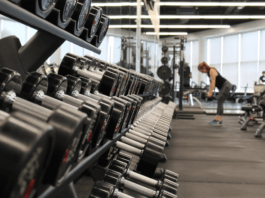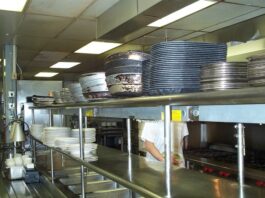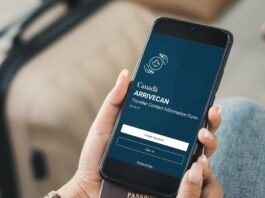
Health-care providers are being trained to be aware of symptoms and they are implementing heightened precautions to detect, isolate and test for the virus.
Despite what you’ve read on Social Media, the coronavirus did not come from Winnipeg and the risk remains low.
To date, there has been no reported cases of novel coronavirus in Manitoba. However, the province is prepared if it does arrive. 911 call operators, first responders and front-line health-care staff have the information they need to identify symptoms and ensure all precautionary infectious disease protocols are in place.
Any patient seeking care for a fever or respiratory symptoms and have traveled to Wuhan, China in the past 14 days will be assessed for coronavirus. Paramedics and 911 operators will ask about a patient’s travel history if they identify respiratory, fever, cough or flu-like symptoms.
Patients who meet the criteria will be placed in a designated separate waiting room. Appropriate infection prevention and control measures will be put in place while the patient receives care including the use of surgical masks.
If a case is confirmed by laboratory testing, public health will promptly followup with close contacts to take appropriate precautions and monitor for symptoms.
The Coronavirus is in Canada
Two Canadian cases of the virus have been confirmed in a couple from Toronto that recently returned from Wuhan, China.
Two Manitoba patients with uncertain travel histories have also been tested for novel coronavirus in recent days. Both tested negative for the virus and positive for the common cold.
If you’ve recently travelled to Wuhan, or have had contact with a recent traveller who currently has symptoms such as a cough, fever, sore throat, runny nose, headache, shortness of breath and breathing difficulties then you should contact your health-care provider or Health Links at 204-788-8200.
What Can I Do To Stay Safe?
Wash your hands! Common prevention measures include regular hand washing with soap and water or an alcohol-based hand cleanser. It is important to wash your hands:
- after coughing or sneezing
- when caring for a sick person
- before, during and after food preparation
- before eating
- after toilet use
- when hands are visibly dirty
You should also cover your mouth and nose when coughing and sneezing. Avoid close contact with anyone showing symptoms of a respiratory illness, such as coughing or sneezing.



